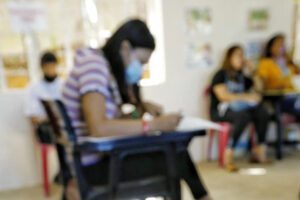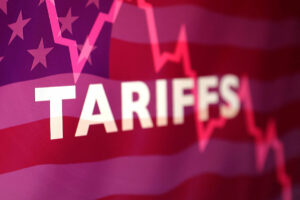ALMOST six out of ten Filipino voters believe it is unacceptable for multiple candidates from the same political dynasty to run in the same Senate election, according to a recent WR Numero survey published on Thursday.
The Philippine Public Opinion Monitor, conducted by the non-partisan research firm in February 2025, revealed that 57% of the respondents disapproved of political families fielding multiple Senate candidates in the same race, while only 24% found it acceptable. The remaining 20% were undecided.
A similar sentiment was observed for local races, with 55% opposing the idea of family members simultaneously running for mayor, governor, or district representative. Meanwhile, 28% expressed approval, and 17% were uncertain.
While opposition to simultaneous bids was evident, the survey found that Filipinos were more open to political dynasties when candidates ran in different election cycles.
A majority (51%) found it acceptable for a family member to seek office after another relative’s term ended, compared to 32% who opposed the idea. Only 16% were unsure.
Opinions on the extent of dynastic influence in the Senate were mixed. If 10-20% of Senate seats were held by political families, 41% of Filipinos found this acceptable, while 31% disagreed, and 28% were unsure.
However, if dynastic politicians occupied 80-90% of the Senate, public opinion was more divided — 39% opposed, 35% approved, and 26% remained uncertain.
The survey also noted changing public attitudes toward political dynasties. While 44% of respondents still found dynasties acceptable, the same percentage believed they were more prone to corruption.
This marked a shift from WR Numero’s September 2024 survey, where 56% found political dynasties acceptable and 50% associated them with corruption.
When asked to name a political family that prioritizes personal interests over public welfare, 42% of respondents were unable to specify one.
However, those who identified political families who value personal interests, most mentioned the Marcoses (19%), Dutertes (10%), Villars (3%), Aquinos (2%), and Binays (2%).
The WR Numero survey, conducted from Feb. 10 to 18, included face-to-face interviews with 1,814 Filipinos aged 18 and older. It has a ±2% margin of error at a 95% confidence level.
The upcoming midterm elections on May 12 will determine the composition of the Senate, House of Representatives, and local government positions. — Chloe Mari A. Hufana






